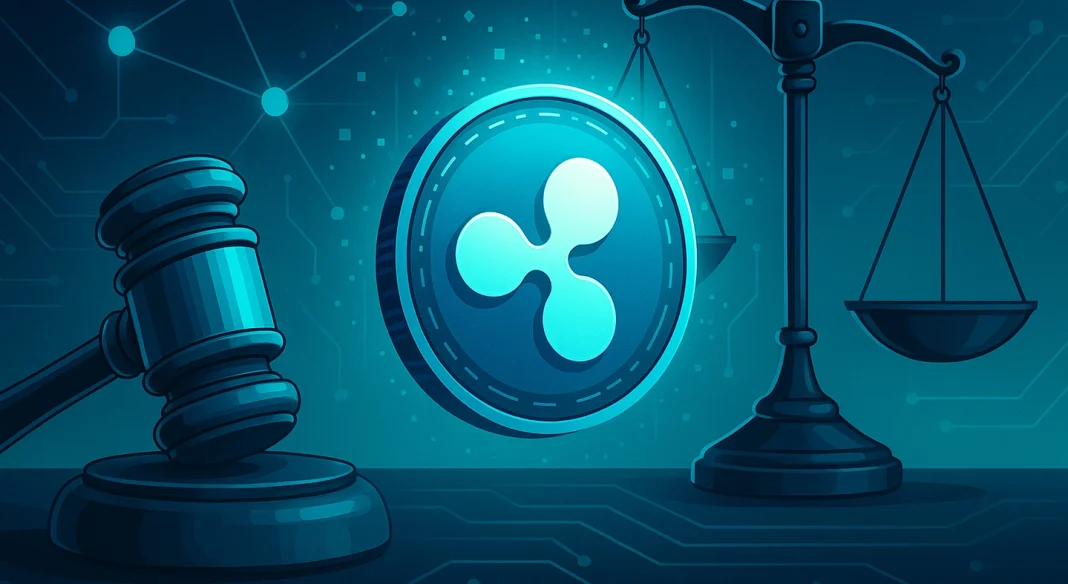Ripple’s legal team just dropped a proposal that’s shaking up things in the crypto industry. They announced something they call the network maturity test.
What’s that? It’s their fresh idea on when a crypto token should stop being treated like a security and start acting like a free agent in the market.
You know, no more shackles, no more endless regulatory headaches.
Tokens are securities if there’s an issuer?
Right now, the rules about when a token stops being an investment contract and starts being a legit commodity or currency?
They’re fuzzy. The SEC’s been tossing around phrases like sufficient decentralization, but honestly, that’s about as clear as a foggy night in Brooklyn. Vague, subjective, and frankly, a pain in the neck.
Ripple’s saying, enough. They want a clear, objective test. Their network maturity idea looks at real, measurable stuff, market cap, how long the network’s been running, and whether anyone’s still calling all the shots.
For example, they suggest a $1 billion market cap and a 10-year track record as solid benchmarks.
If a token hits those marks and no single party controls it anymore, bam, it’s out of the securities club.
Startup vs. blue chip?
Why does this matter? Because tokens that meet these criteria already trade in big, liquid markets with plenty of public info.
They’re not some shady startup anymore, but established, respected, and more importantly, honorable players.
Ripple argues these tokens shouldn’t be bogged down by securities laws designed for early-stage investments.
Ripple also wants a legal test to clarify when a token sold as part of an investment contract should no longer be treated as one.
Their idea? Unless the issuer still owes you something important, or you have enforceable rights tied to promises, the token is considered separated.
This would cut down on endless regulatory uncertainty for people trading on secondary markets.
No more legal overreach?
Of course, Ripple knows the SEC’s got its concerns, especially about enforcement gaps. They know very well.
But Ripple insists only Congress can set new legal standards for crypto. Meanwhile, they want the SEC to stick to the law as it stands and not overreach.
They’re also pushing for a narrow safe harbor to protect good-faith actors during those messy early days of a network.
This all comes after a court ruling where Judge Analisa Torres said XRP isn’t a security when traded on secondary markets. But she drew a line, Ripple’s initial sales to big investors?
Those were still unregistered securities. And the story isn’t over, the judge recently shot down Ripple’s $125 million penalty deal with the SEC, keeping the fight alive.
Disclosure:This article does not contain investment advice or recommendations. Every investment and trading move involves risk, and readers should conduct their own research when making a decision.
Kriptoworld.com accepts no liability for any errors in the articles or for any financial loss resulting from incorrect information.


